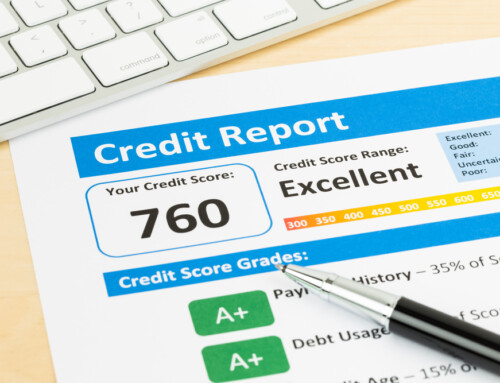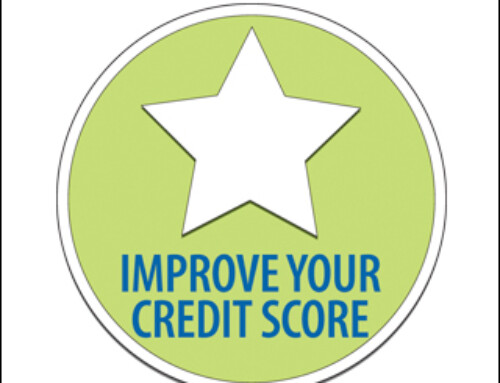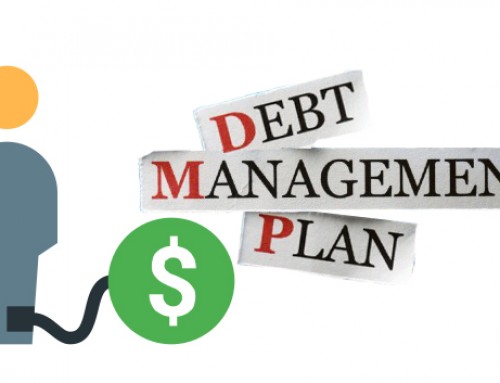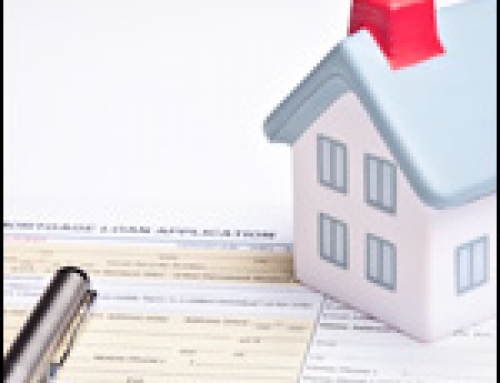You are likely similar to most people out there who want to improve their credit score but are not really sure how to go about it. In many cases, you CAN do it yourself – just expect that it will take time. Here are some tips to help you boost your score which is needed more than ever these days with the tightening of mortgage financing by the banks…
3 Key Things That = A High Credit Score
1. Pay every bill on time
2. Keep your credit card utilization below 20%
3. Consistency (payment history) & Time (how long you have had the accounts) are key
IMPORTANT CREDIT TIP:
* Years ago, having too much UNSECURED credit (ie credit cards with high limits) used to lower your credit score.
* This is NOT the case anymore. High unsecured credit does not matter, in fact, it HELPS.
* Now it is CREDIT UTILIZATION that affects your score.
* Using above 20% of your credit limit on a credit card hurts your credit score incrementally.
To Increase Your Credit Score:
* Do not charge above 20% of your card’s credit limit. If you must, pay it off right away (or at least to the point where you are below 20% utilization)
* Call your credit card companies and ask for a credit limit increase to give yourself more utilization room. Pay attention and make sure the bank does not require a HARD credit pull to increase your limit (no pull or a “soft” pull is fine though)
* Have AT LEAST 4 credit cards, use each one every month and pay them off each month. This shows MULTIPLE debt repayments every month. Doing this will noticeably increase your credit score.
* For simplicity’s sake, I mainly use just one credit card, but I MAKE SURE to use my other 3 credit cards at least once a month.
Want to know how your credit score is calculated?
10% New Credit
* The amount of credit cards or loans you open in a SHORT period of time
* Your credit score will get temporarily impacted with new cards or loans as a result of the financial institution doing either a “hard” credit pull or a “soft” credit pull
* “Soft pulls” impact your score much less than a “hard pull”
10% Credit Mix
* If you have a couple of credit cards with the SAME bank, you will not do so well in this category
* Best to have at least 3 credit cards, all with DIFFERENT financial institutions
* Also having a few different types of loans is helpful – like a mortgage, car loan, etc
15% Length of Credit History
* Lenders want to see how LONG you have had your bank accounts and credit cards (and paying them off consistently). The longer the better.
* It is best NOT to close bank accounts or credit cards as you will lose the benefit of their longer-term history
30% Amounts Owed
* This refers to total debt and utilization of those accounts
* With credit cards you want to always stay under the 20% utilization (5% or 10% is even better)
* Banks like to see that you have a HIGH credit limit, but they don’t want to see you using over 20% of your limit.
35% Your Payment History
* Your payment history is the MOST important aspect determining your credit score!!
* If you are ever late on a payment or default on a payment it is going to impact you negatively
* Do not just pay the minimum payment on your credit cards if you are trying to get an awesome/high credit score
* Obviously, paying off the FULL outstanding balance on all of your credit cards within the 21 days, will really help boost your credit score
Important Fact: All 3 credit agencies (Equifax, TransUnion, FICO) will report a different credit score for you. Sometimes they are only slightly different, sometimes they can vary by as much as 40 points! Keep a close eye on all 3 credit agencies.







